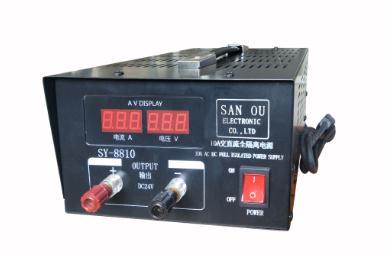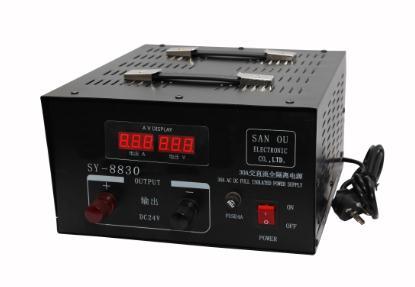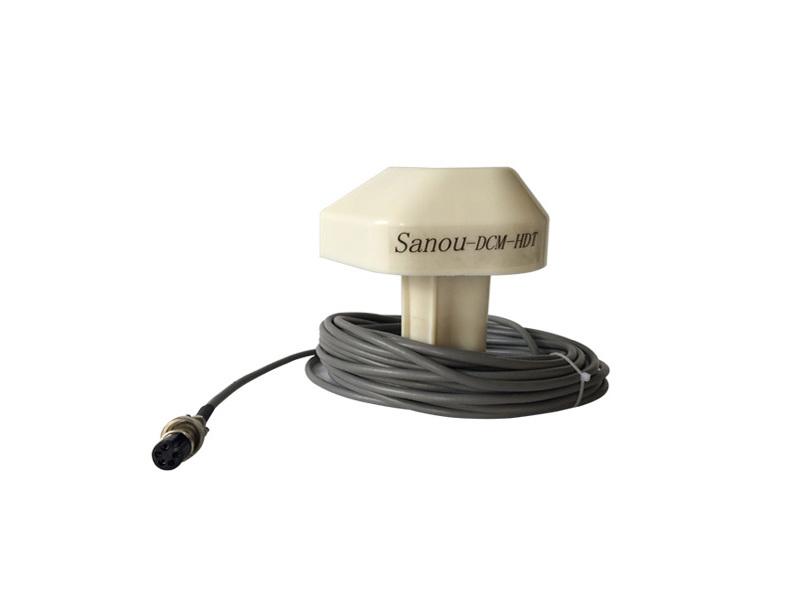News Center
Why Choosing Solar Navigation Lights Enhances Boating Safety
Why Choosing Solar Navigation Lights Enhances Boating Safety
Table of Contents
1. Understanding Solar Navigation Lights
2. The Importance of Navigation Lights in Boating
3. Advantages of Solar Navigation Lights
3.1 Eco-Friendly and Cost-Effective
3.2 Enhanced Visibility and Safety
3.3 Low Maintenance Requirements
4. Key Features to Look for in Solar Navigation Lights
4.1 Brightness and Light Output
4.2 Durability and Weather Resistance
4.3 Battery Life and Charging Time
5. How to Install Solar Navigation Lights
6. Best Practices for Using Solar Navigation Lights
7. Frequently Asked Questions (FAQs)
8. Conclusion
1. Understanding Solar Navigation Lights
Solar navigation lights are specialized lighting systems designed for marine vessels, powered by solar energy rather than traditional electrical sources. These lights provide essential visibility for boats and yachts, helping to prevent accidents and ensure safe navigation, especially during nighttime or low-visibility conditions. The integration of solar technology not only makes these lights energy-efficient but also aligns with sustainable boating practices.
2. The Importance of Navigation Lights in Boating
In the realm of boating, navigation lights serve a critical purpose. They are vital for signaling the presence of a boat to other vessels, thus preventing collisions. According to the International Regulations for Preventing Collisions at Sea (COLREGs), all vessels are required to display specific lights as a means of communication on the water. Proper lighting helps boaters identify their own position and the position of others, making navigation safer and more efficient.
3. Advantages of Solar Navigation Lights
The adoption of solar navigation lights comes with a multitude of benefits that enhance both safety and convenience for boaters.
3.1 Eco-Friendly and Cost-Effective
Solar navigation lights are powered by renewable energy, making them an eco-friendly option for environmentally conscious boaters. By harnessing sunlight, these lights reduce reliance on fossil fuels and minimize carbon footprints. Additionally, they eliminate the need for frequent battery replacements, leading to lower long-term costs.
3.2 Enhanced Visibility and Safety
One of the foremost advantages of solar navigation lights is their ability to provide superior brightness. Many models use LED technology, which offers high lumen output while consuming minimal power. This enhanced visibility is crucial for safety, especially in busy waterways where clear communication between vessels is essential.
3.3 Low Maintenance Requirements
Solar navigation lights require minimal maintenance due to their robust design and the absence of complex wiring. With no need for regular electrical checks or battery replacements, boaters can enjoy peace of mind knowing their lighting system is reliable and ready for use. Cleaning the solar panels to ensure optimal performance is typically the only maintenance task required.
4. Key Features to Look for in Solar Navigation Lights
When selecting the best solar navigation lights for your vessel, several key features must be considered to ensure safety and reliability.
4.1 Brightness and Light Output
The brightness of navigation lights is measured in lumens. For optimal safety, choose lights with a high lumen output to ensure they are visible from a considerable distance, especially in darkness.
4.2 Durability and Weather Resistance
Marine environments can be harsh, with exposure to saltwater, UV rays, and strong winds. Opt for navigation lights constructed from durable materials that are resistant to corrosion and severe weather conditions. Look for an IP (Ingress Protection) rating to gauge water resistance.
4.3 Battery Life and Charging Time
Assess the battery capacity and charging time of the solar navigation lights. A high-capacity battery will provide longer illumination during the night, while a quick charging time ensures that the lights are ready for use when needed.
5. How to Install Solar Navigation Lights
Installing solar navigation lights is a straightforward process that enhances the safety of your vessel. Follow these steps for a successful installation:
1. **Select the Location**: Choose appropriate mounting locations that ensure maximum exposure to sunlight during the day. Common locations include the bow and stern of the boat.
2. **Mount the Lights**: Securely attach the lights to the chosen locations using screws or adhesive, depending on the design. Ensure that the lights are positioned to provide optimal visibility.
3. **Connect Any Necessary Components**: Depending on the model, some solar navigation lights may require minimal wiring or setup. Follow the manufacturer's instructions carefully.
4. **Test the Lights**: Once installed, test the lights to confirm they function correctly during day and night conditions.
6. Best Practices for Using Solar Navigation Lights
To maximize the effectiveness of solar navigation lights, consider the following best practices:
- **Regular Maintenance**: Periodically clean the solar panels to ensure they are free from dirt, dust, and debris, which can impede their performance.
- **Check Functionality Before Use**: Always test your navigation lights before setting out on a journey to ensure they are operational.
- **Familiarize Yourself with Local Regulations**: Understand the navigation light requirements specific to your boating area, as regulations can vary by location.
7. Frequently Asked Questions (FAQs)
What are solar navigation lights?
Solar navigation lights are LED lighting systems powered by solar energy, designed to enhance visibility and safety for boats and yachts during navigation.
How do solar navigation lights work?
Solar navigation lights use solar panels to capture sunlight and convert it into electricity, charging built-in batteries that power the lights during the night.
Are solar navigation lights reliable?
Yes, solar navigation lights are designed for reliability in various weather conditions. However, proper installation and regular maintenance are crucial for optimal performance.
Can I use solar navigation lights in rainy conditions?
Absolutely. Most solar navigation lights are built to withstand rain and moisture. Look for models with high IP ratings for enhanced water resistance.
How long do solar navigation lights last?
The lifespan of solar navigation lights varies by model and usage, but quality LED navigation lights can last for several years with proper care.
8. Conclusion
Opting for solar navigation lights is a smart choice for any boater looking to enhance safety and visibility on the water. With their eco-friendly design, low maintenance requirements, and superior brightness, these lights not only meet regulatory standards but also exceed expectations in performance. By considering important features and following best practices for installation and maintenance, you can ensure that your vessel is equipped with reliable lighting for all your nautical adventures. Embrace the benefits of solar navigation lights and navigate the waters with confidence!
Related News
Understanding the Benefits of a 1 in 4 Out Signal Distributor for Electronic Components
Understanding the Benefits of a 1 in 4 Out Signal Distributor for Electronic Components Table of Contents 1. Introduction to Signal Distribution 2. What is a 1 in 4 Out Signal Distributor? 3. Key Advantages of Using a 1 in 4 Out Signal Distributor 3.1 Enhanced Signal Integrity 3.2 Improved Signal Distribution Efficiency 3.3 Flexibility in System Desi
Understanding the 1 in 10 Out Signal Distributor: A Key Component in Optoelectronic Applications
A 1 in 10 out signal distributor is a specialized electronic device that takes a single input signal and replicates it across multiple output channels—in this case, ten outputs. This function is crucial in various applications, including telecommunications, broadcasting, and data transmission systems. The ability to distribute a single signal to multiple outputs ensures that information can reach
Unlocking the Benefits of the Furuno 1831 Radar with a Quality 24 Pin Square Plug
Unlocking the Benefits of the Furuno 1831 Radar with a Quality 24 Pin Square Plug Table of Contents 1. Introduction to Furuno 1831 Radar 2. Key Features of the Furuno 1831 Radar 3. Advantages of Using a Quality 24 Pin Square Plug 4. Installing the Furuno 1831 Radar with a 24 Pin Square Plug 5. Maintenance Tips for Optimal Performance 6. Troubleshooting Common




